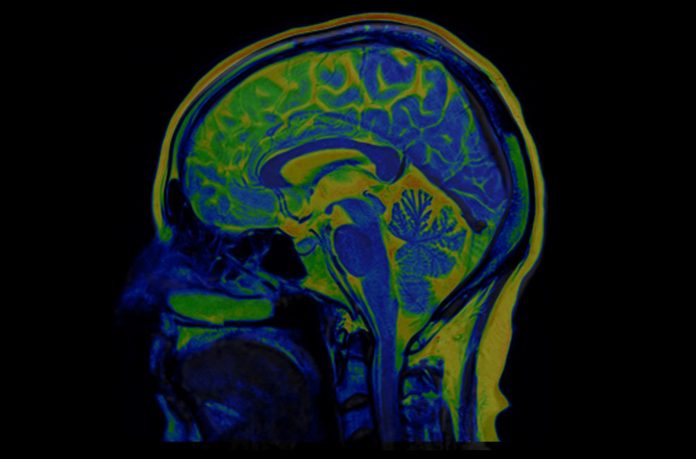
New research suggests a blood-based test could predict the risk of Alzheimer’s disease up to three and a half years before clinical diagnosis. Researchers at the Institute of Psychiatry, Psychology & Neuroscience (IoPPN) at King’s College London say their findings could further the understanding of changes the brain goes through early in Alzheimer’s disease. The search for blood biomarkers of Alzheimer’s is currently one of the most intense areas of biomedical research.
Edina Silajdžić, one of the study’s co first authors, said, “Our findings are extremely important, potentially allowing us to predict onset of Alzheimer’s early in a non-invasive fashion. This could complement other blood-based biomarkers that reflect the classical signs of the disease, such as the accumulation of amyloid and tau (the ‘flagship’ proteins of Alzheimer’s disease).”
This study, published in Brain today, finds components in blood can modulate neurogenesis —the formation of new brain cells. Neurogenesis occurs in the hippocampus, which is involved in learning and memory.
While Alzheimer’s disease affects the formation of new brain cells in the hippocampus during the early stages of the disease, previous studies have only been able to look at this process in later stages through autopsies.
These researchers collected blood samples over several years from 56 individuals with Mild Cognitive Impairment (MCI), a condition where someone has begun to experience worsening memory or cognitive ability. While not everyone experiencing MCI goes on to develop Alzheimer’s disease, those with the condition progress to a diagnosis at a much higher rate than the wider population. Of the 56 participants in the study, 36 went on to be diagnosed with Alzheimer’s.
“In our study, we treated brain cells with blood taken from people with MCI, exploring how those cells changed in response to blood as Alzheimer’s disease progressed,” said Aleksandra Maruszak, another one of the study’s first authors.
The team made several key discoveries. The blood samples from participants who subsequently developed Alzheimer’s disease showed a decrease in cell growth and division and an increase in apoptotic cell death. However, the researchers noted that these samples also increased the conversion of immature brain cells to hippocampal neurons.
While the underlying reasons for the increased neurogenesis remain unclear, the researchers theorize that it may be an early compensating mechanism for the neurodegeneration (loss of brain cells) experienced by those developing Alzheimer’s disease.
Sandrine Thuret, the study’s senior author said, “Previous studies have shown that blood from young mice can have a rejuvenating effect on the cognition of older mice by improving hippocampal neurogenesis. This gave us the idea of modelling the process of neurogenesis in a dish using human brain cells and human blood. In our study, we aimed to use this model to understand the process of neurogenesis and to use changes in this process to predict Alzheimer’s disease and found the first evidence in humans that the body’s circulatory system can have an effect on the brain’s ability to form new cells.”
Most notably, the team found that the changes in neurogenesis occurred 3.5 years prior to a clinical diagnosis.
Hyunah Lee, another first author, said, “It is now essential to validate these findings in a bigger and more diverse group of people. We are excited about the potential applications of the blood-based test we used. For example, it can help stratify individuals with memory problems for a clinical trial of disease-modifying drugs for Alzheimer’s.”











